Home>Garden Essentials>How Long Does It Take Millet To Germinate
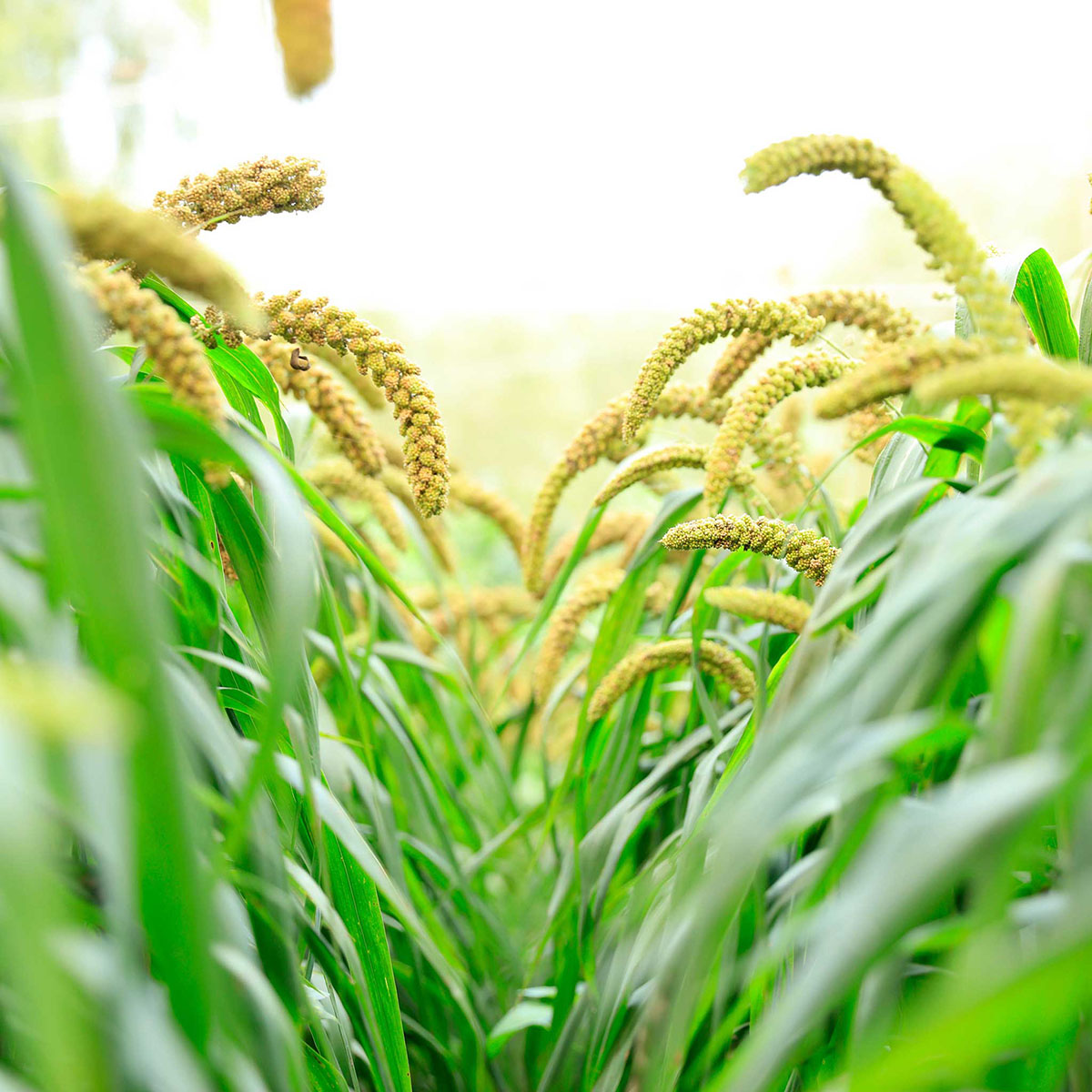

Garden Essentials
How Long Does It Take Millet To Germinate
Modified: March 21, 2024
Discover the germination time for millet in your garden. Learn how long it takes for millet seeds to sprout and start growing.
(Many of the links in this article redirect to a specific reviewed product. Your purchase of these products through affiliate links helps to generate commission for Storables.com, at no extra cost. Learn more)
Introduction
Welcome to the world of gardening! Whether you’re an experienced green thumb or just starting out, growing your own plants and vegetables can be a rewarding and fulfilling experience. One plant that you may be interested in growing is millet. Millet is a versatile and nutritious grain that can be used in a variety of dishes, and it’s relatively easy to grow in your own garden.
But how long does it take for millet to germinate? That’s an important question to consider as you embark on your gardening journey. In this article, we’ll explore the factors that affect millet germination, the typical germination time for millet, and some tips for promoting successful germination.
Before we dive into the details, let’s briefly discuss what germination actually is. Germination is the process by which a plant begins to grow from a seed. It requires the right combination of factors, such as the right temperature, moisture, and soil quality, to kickstart the growth process. Understanding these factors and how they impact millet germination will help you create the optimal conditions for your millet seeds to sprout and thrive.
Key Takeaways:
- Millet seeds typically take 7 to 14 days to sprout, but factors like temperature and moisture can affect germination time. Soak seeds, maintain moisture, and provide optimal conditions for successful growth.
- To promote millet germination, soak seeds before planting, maintain consistent moisture, and choose well-draining soil. Protect seeds from pests and birds, and observe growth progress for a bountiful harvest.
Read more: How Long Does It Take For Mint To Germinate?
Factors Affecting Millet Germination
When it comes to millet germination, there are three key factors that play a crucial role: temperature, moisture, and soil quality. Let’s take a closer look at each of these factors and how they influence the germination process.
Temperature: Millet seeds require a specific temperature range to germinate successfully. Generally, the ideal temperature for millet germination falls between 70 and 85 degrees Fahrenheit (21 and 29 degrees Celsius). This temperature range provides optimal conditions for the seeds to absorb water and activate enzymes that stimulate growth. If the temperature is too low, germination may be delayed or prevented entirely.
Moisture: Adequate moisture is essential for millet seeds to germinate. During the germination process, the seeds absorb water, which softens the seed coat and triggers biochemical changes leading to sprouting. It’s important to keep the soil moist but not waterlogged to prevent seed rot or fungal diseases. Maintaining the right moisture level is crucial in ensuring successful germination.
Soil Quality: The quality of the soil also plays a critical role in millet germination. Good drainage is essential to prevent waterlogged conditions that can hinder root development and lead to seed rot. Additionally, the soil should be loose and well-aerated to allow the seeds to establish a strong root system. Adding organic matter, such as compost, can improve soil structure and provide essential nutrients for healthy seedling growth.
By understanding and optimizing these factors, you can create an environment that promotes successful millet germination. Next, let’s explore the typical germination time for millet and any variations you may encounter.
Germination Time of Millet
The germination time for millet can vary depending on various factors, including the specific variety of millet, environmental conditions, and the quality of the seeds. However, there is a general range for the germination period of millet.
Ideal Germination Period: On average, millet seeds take anywhere from 7 to 14 days to germinate. During this time, the seeds absorb water and nutrients from the soil, swell, and eventually sprout. This is an exciting time for any gardener as it marks the beginning of the plant’s growth cycle.
Variation in Germination Time: While the average germination time for millet falls within the 7 to 14-day range, it’s important to note that there can be variations. Factors such as temperature, moisture levels, seed quality, and even the specific millet variety can influence the germination time. Some varieties of millet may germinate faster than others, while external conditions like temperature and moisture can either accelerate or slow down the germination process.
It’s essential to be patient and provide consistent care to your millet seeds during the germination period. Keep in mind that variations in germination time are normal, and as long as you have provided the optimal conditions, the seeds should sprout within a reasonable timeframe.
Now that we have a better understanding of the germination time for millet, let’s delve into the germination process itself and explore the steps you can take to promote successful germination.
Millet typically takes 5-7 days to germinate when planted in well-draining soil and kept consistently moist. Keep the soil temperature around 70-75°F for best results.
Germination Process of Millet
The germination process of millet involves a few essential steps, including seed soaking, seed planting, and creating the right environmental conditions for germination. Let’s take a closer look at each of these steps.
Seed Soaking: Before planting millet seeds, it can be beneficial to soak them for a few hours or overnight. Soaking helps soften the seed coat and speeds up the germination process. Place the seeds in a container of water and allow them to soak for 6 to 12 hours. After soaking, drain the water and proceed with planting the seeds.
Seed Planting: Once the seeds are soaked, it’s time to plant them. Create shallow furrows in the prepared soil, approximately 1 to 2 inches deep. Space the seeds about 2 to 3 inches apart to allow room for growth. Gently cover the seeds with soil, ensuring they are not buried too deeply. Lightly press down on the soil to ensure good seed-to-soil contact.
Environmental Conditions for Germination: After planting the seeds, it’s crucial to provide the right environmental conditions to facilitate germination. Here are some key factors to consider:
Temperature: Maintain a consistent temperature range of 70 to 85 degrees Fahrenheit (21 to 29 degrees Celsius) to encourage optimal germination. You may want to consider using a seedling heat mat or placing seed trays in a warm location to provide the necessary warmth.
Moisture: Keep the soil consistently moist but not waterlogged. Avoid overwatering, as it can lead to seed rot or fungal diseases. Regularly check the moisture levels and water as needed to ensure that the seeds stay hydrated throughout the germination process.
Light: While millet seeds do not require direct sunlight for germination, providing bright indirect light can help stimulate growth once the seeds have sprouted. Place the seedlings in a location with sufficient light to encourage strong and healthy growth.
By following these steps and creating the right environmental conditions, you can promote successful germination of your millet seeds. Next, let’s explore some helpful tips for maximizing millet germination.
Tips for Promoting Millet Germination
To maximize the germination success of your millet seeds, here are some tips and techniques to consider:
Pre-soaking Seeds: As mentioned earlier, pre-soaking millet seeds before planting can help soften the seed coat and speed up the germination process. Soak the seeds in water for 6 to 12 hours or overnight before planting. This step can give your seeds a head start and increase the chances of successful germination.
Providing Adequate Moisture: Moisture is crucial for millet germination, so it’s important to keep the soil consistently moist throughout the germination period. Monitor the soil moisture levels regularly and water as needed. Avoid overwatering, as this can lead to waterlogged conditions, which can be detrimental to germination. Remember to strike the right balance by providing enough moisture to promote seed hydration and growth.
Choosing the Right Soil: The quality of the soil plays a vital role in millet germination. Choose well-draining soil that is loose, fertile, and rich in organic matter. Good soil structure ensures sufficient oxygen availability and prevents waterlogging, which can hinder germination. Incorporating compost or organic matter into the soil before planting can improve its texture and nutrient content, creating an optimal environment for your millet seeds to germinate.
Protecting from Pests and Birds: Millet seeds can be attractive to pests and birds, which may damage or eat the seeds before they have a chance to germinate. To protect your seeds, consider covering the planting area with a light layer of netting or installing scare devices like reflective tape or bird repellent discs.
Observing Germination Progress: Keep a close eye on your millet seeds during the germination period. Look for signs of growth, such as seedlings emerging from the soil. If you notice any issues or signs of diseases, take prompt action to address them to ensure the best possible germination outcome.
By implementing these tips, you can enhance the likelihood of successful germination for your millet seeds. Remember to be patient and provide consistent care, and soon you’ll have healthy millet plants growing in your garden.
As we conclude this article, it’s important to note that while germination is the critical first step, the journey doesn’t end there. Continue to nurture and care for your millet plants as they grow, providing them with the necessary support, nutrients, and maintenance to ensure a bountiful harvest.
Read more: How Long Does It Take Turnips To Germinate
Conclusion
Growing millet in your garden can be a rewarding and fulfilling experience. Understanding the factors that affect millet germination and implementing the right techniques can increase your chances of success. Temperature, moisture, and soil quality are key factors that influence the germination process. Providing the right environmental conditions, such as maintaining optimal temperature and moisture levels, is crucial for successful germination.
Remember to pre-soak your millet seeds to soften the seed coat and promote quicker germination. Choosing well-draining soil enriched with organic matter ensures a healthy growing environment for the seeds. Consistently monitoring and maintaining moisture levels in the soil without overwatering is essential.
While the average germination time for millet falls within 7 to 14 days, variations can occur due to factors like temperature, moisture levels, and seed quality. Be patient and provide consistent care to your seeds during this period.
By following these tips and techniques, you can maximize millet germination and set the stage for a successful growth journey. Remember to protect your seeds from pests and birds, observe the germination progress, and take prompt action if any issues arise.
As your millet plants sprout and grow, continue to nurture them, providing the necessary support, nutrients, and maintenance. In time, you’ll be rewarded with a bountiful harvest of this versatile and nutritious grain.
So go ahead and get started on your millet gardening adventure. With the right knowledge and care, you can enjoy the satisfaction of growing your own millet right in your own backyard.
Frequently Asked Questions about How Long Does It Take Millet To Germinate
Was this page helpful?
At Storables.com, we guarantee accurate and reliable information. Our content, validated by Expert Board Contributors, is crafted following stringent Editorial Policies. We're committed to providing you with well-researched, expert-backed insights for all your informational needs.

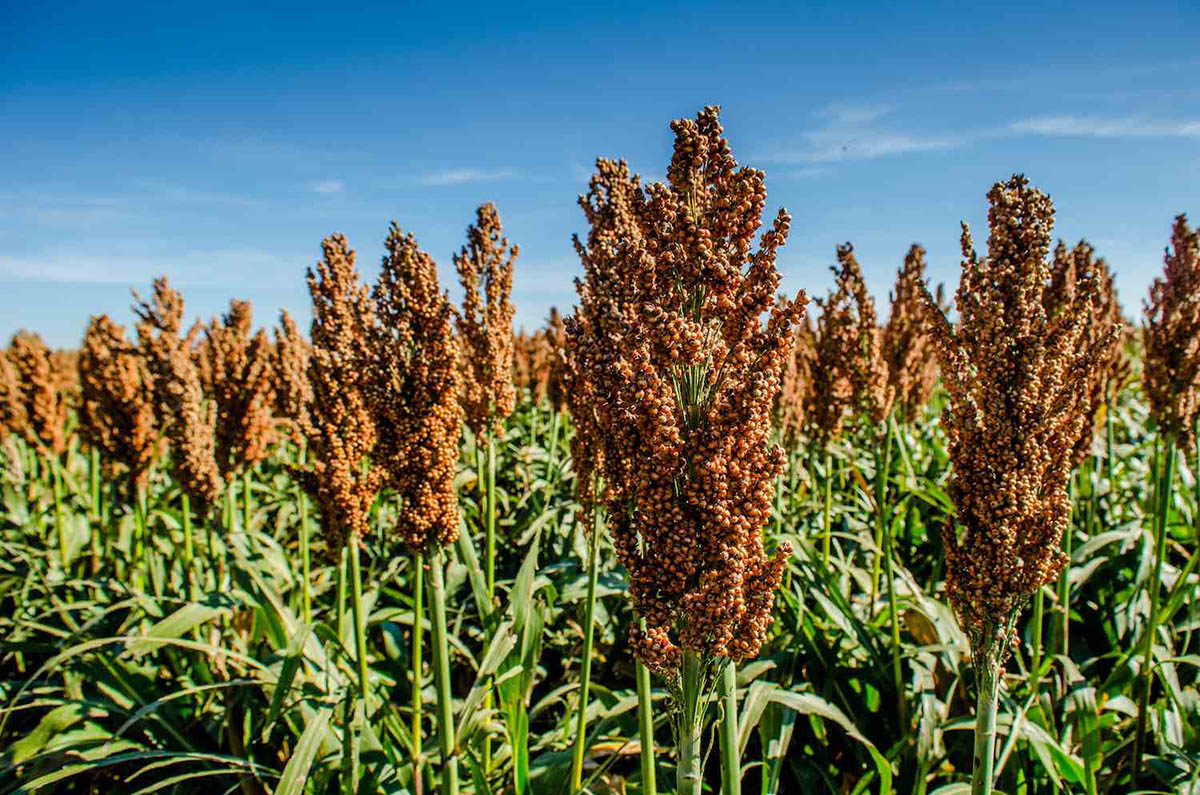
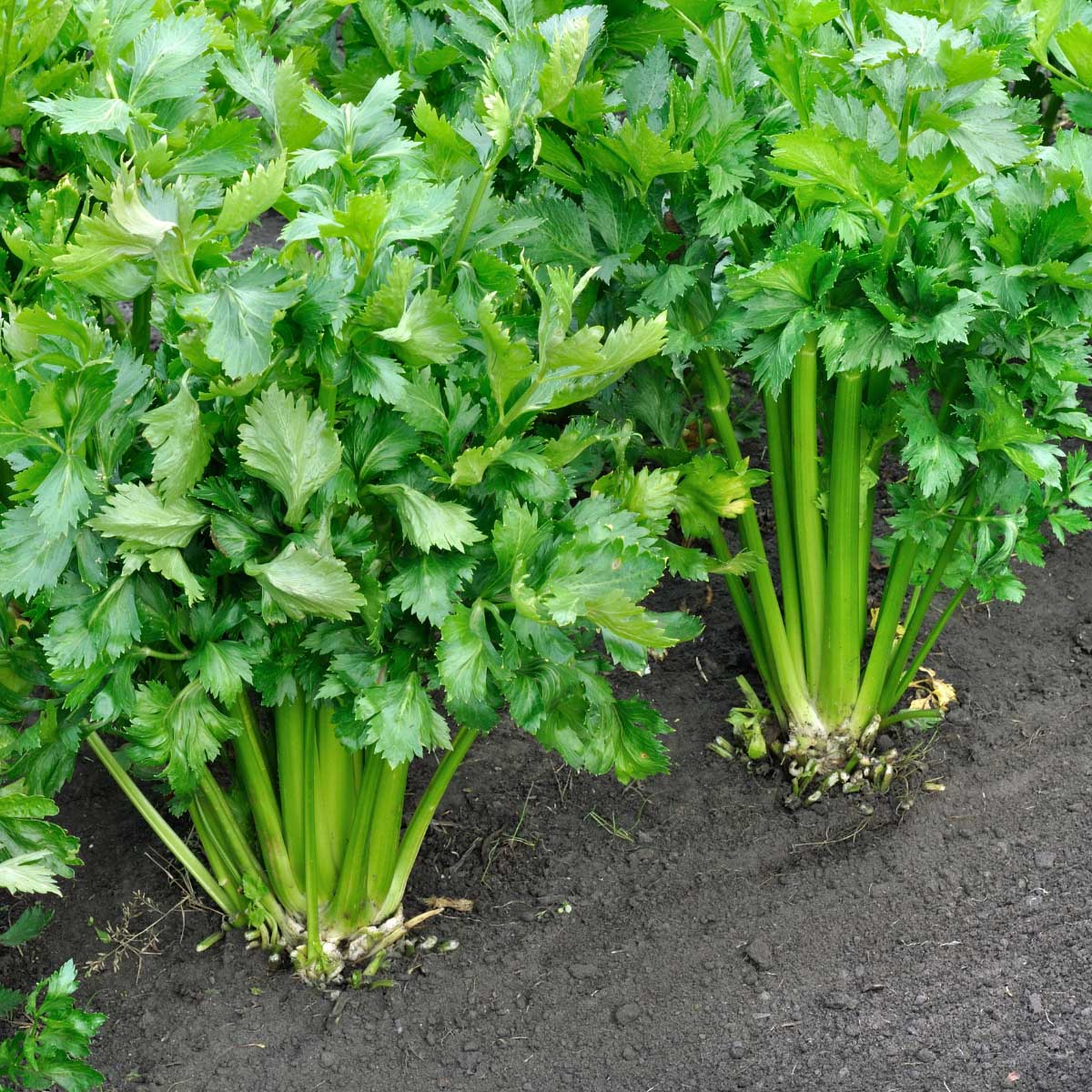
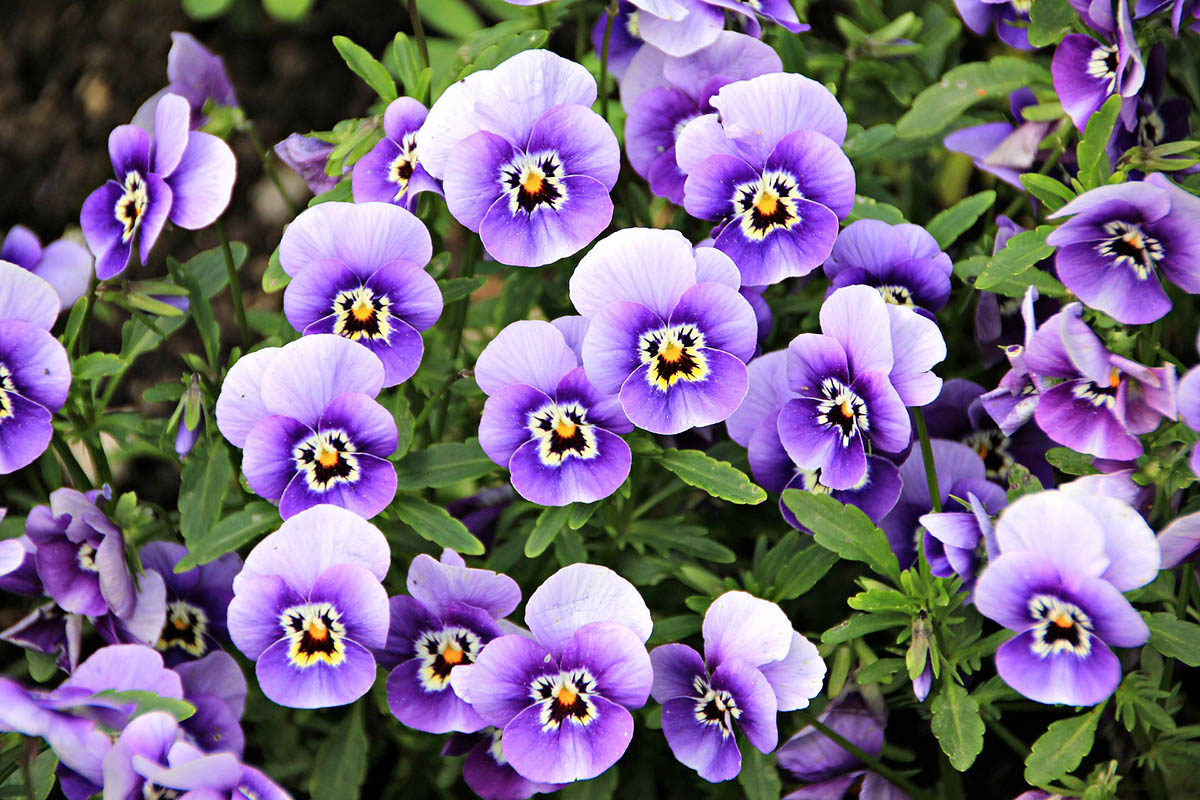
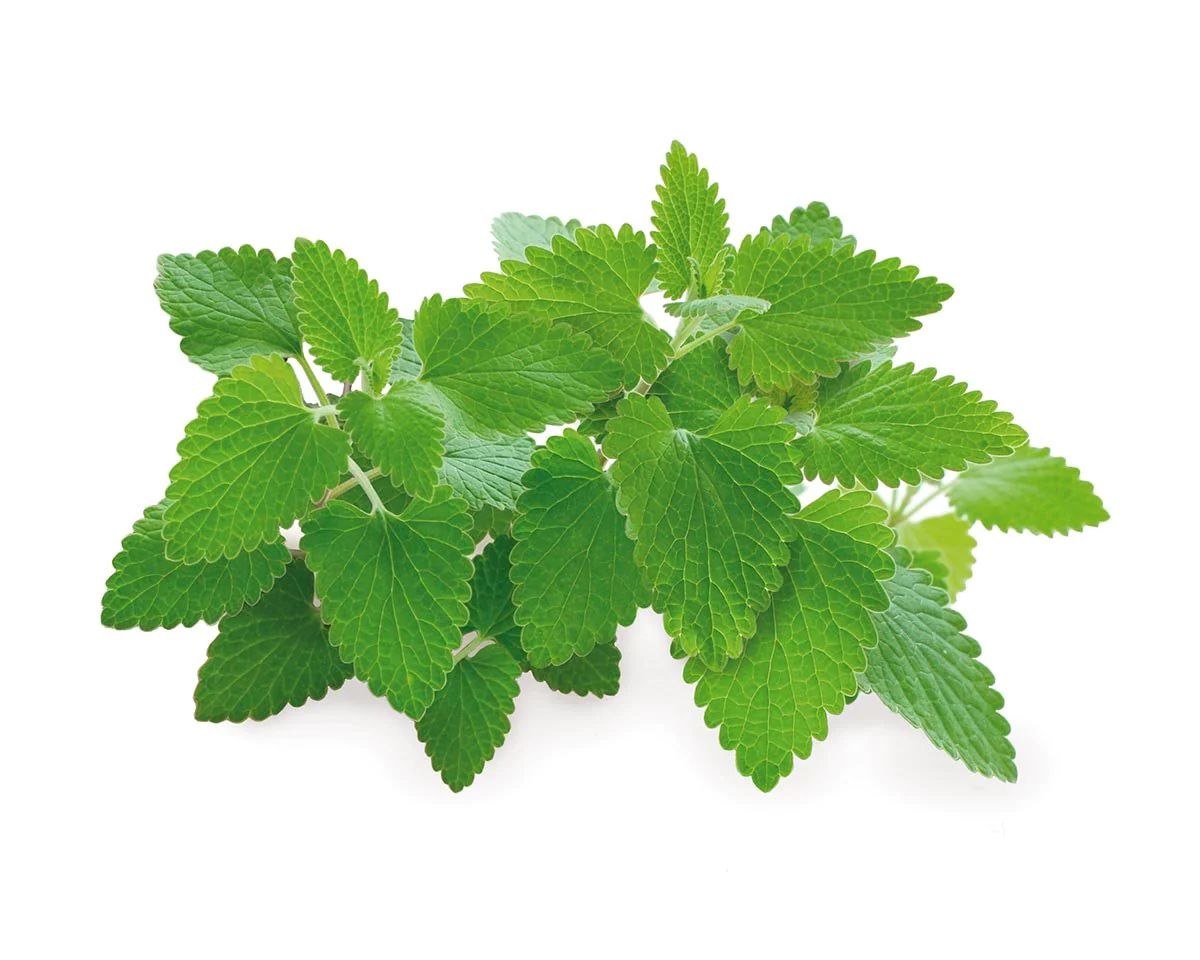
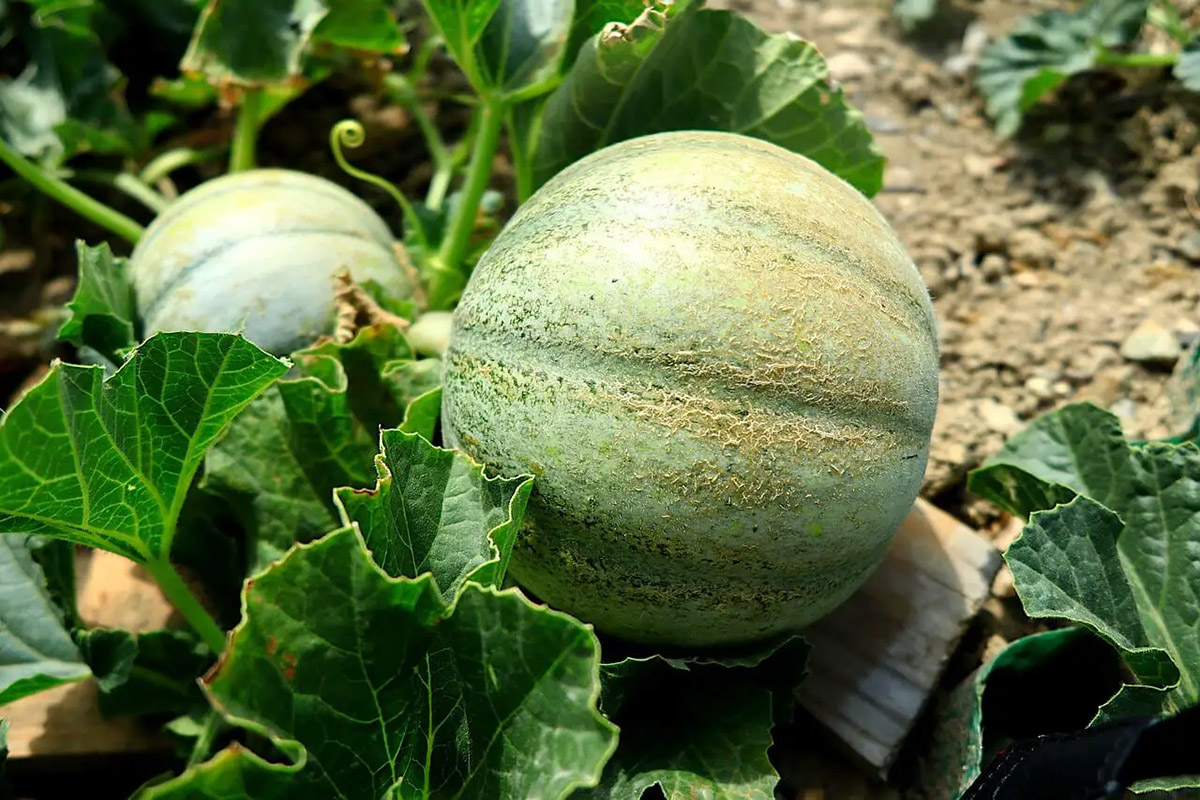
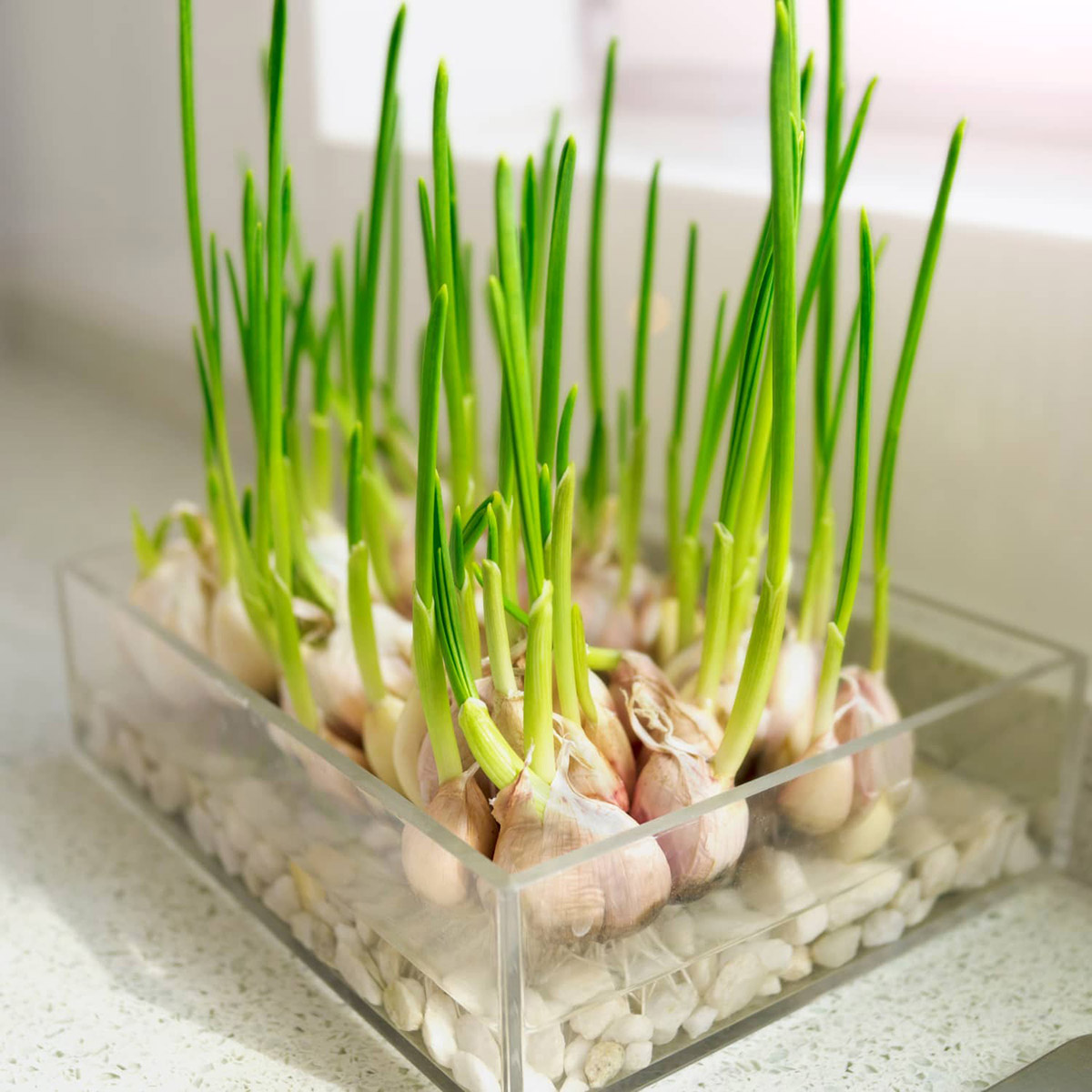
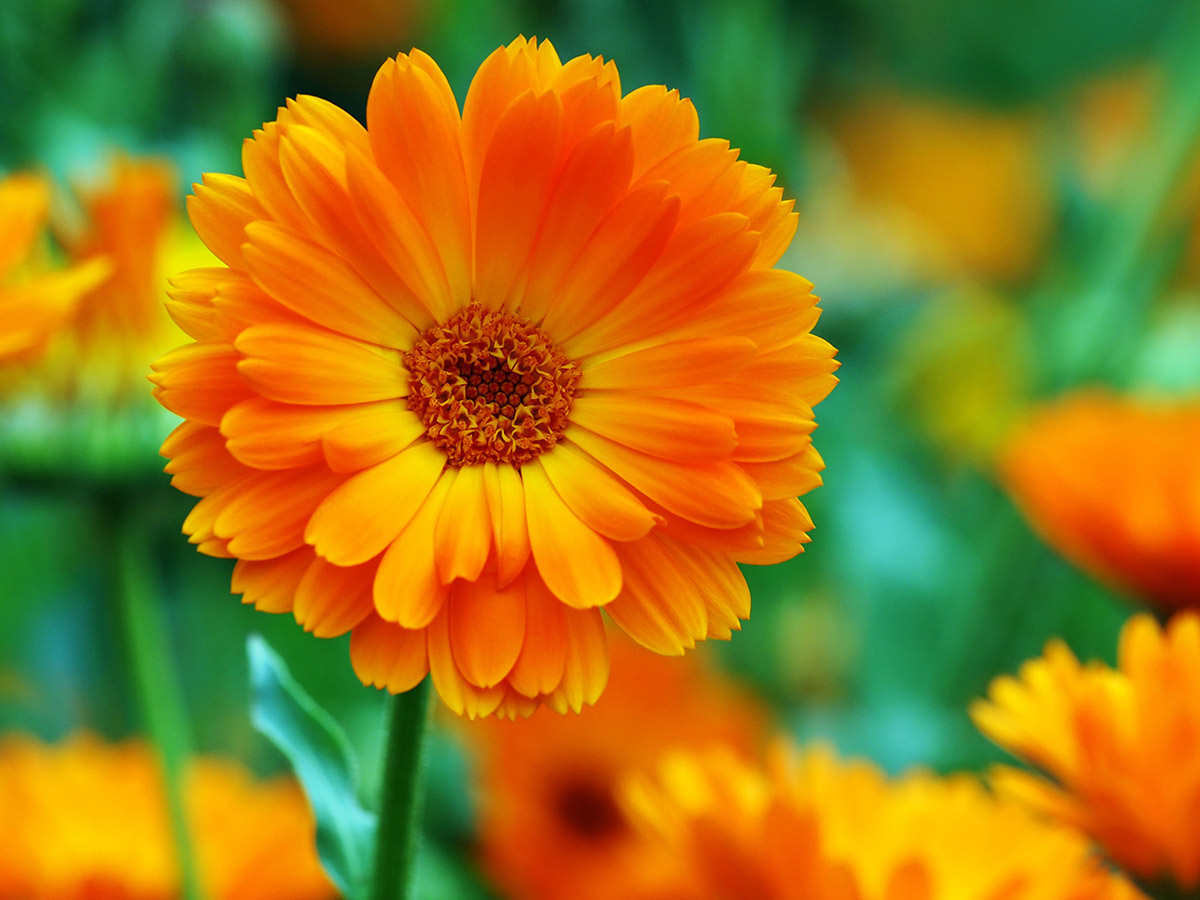
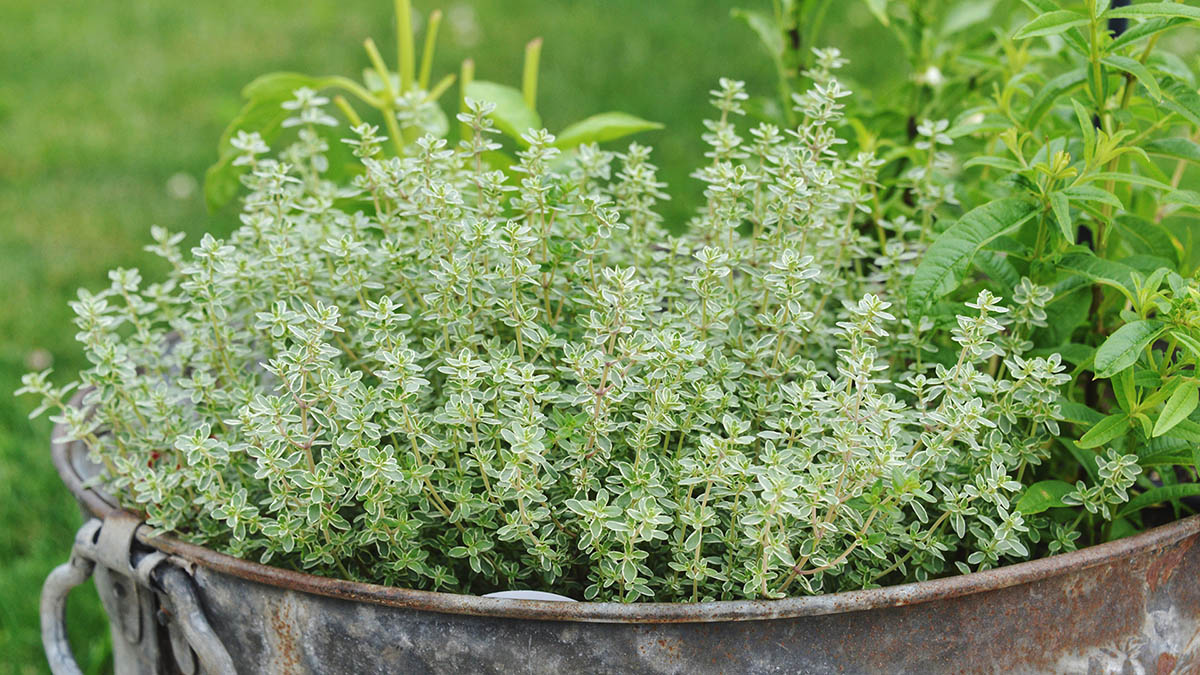
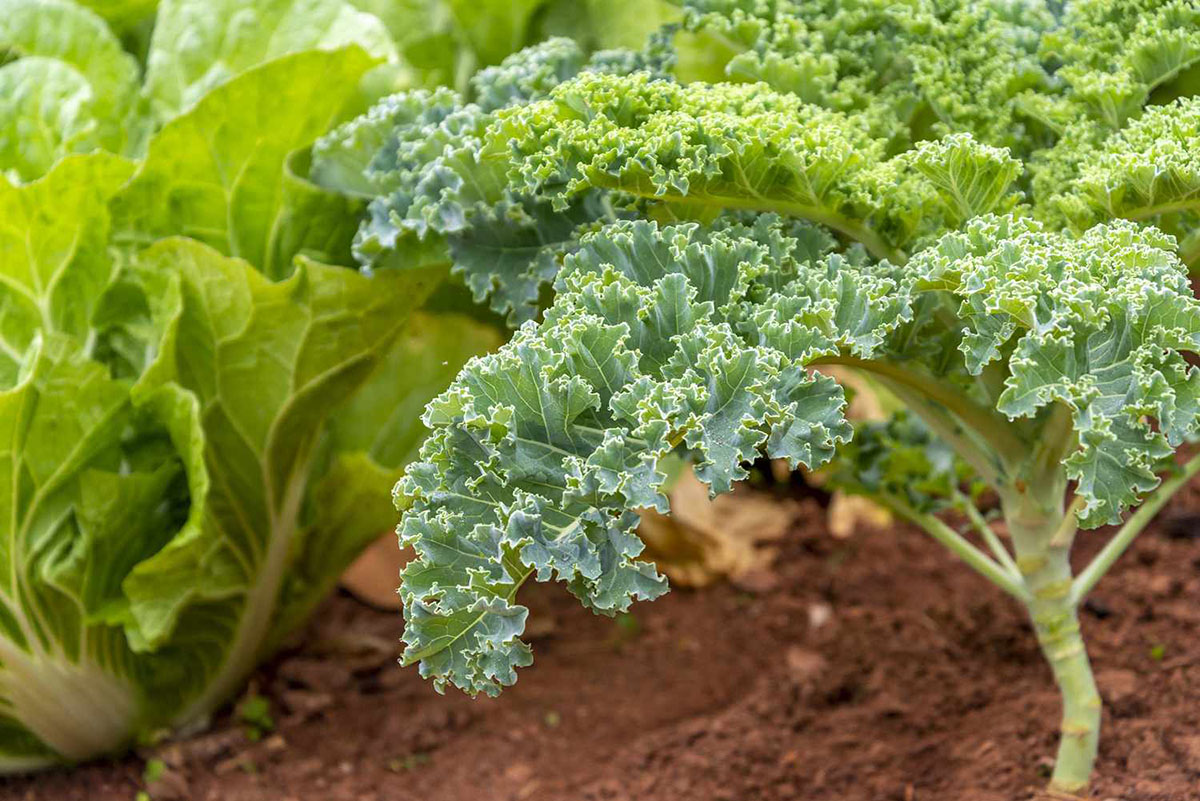
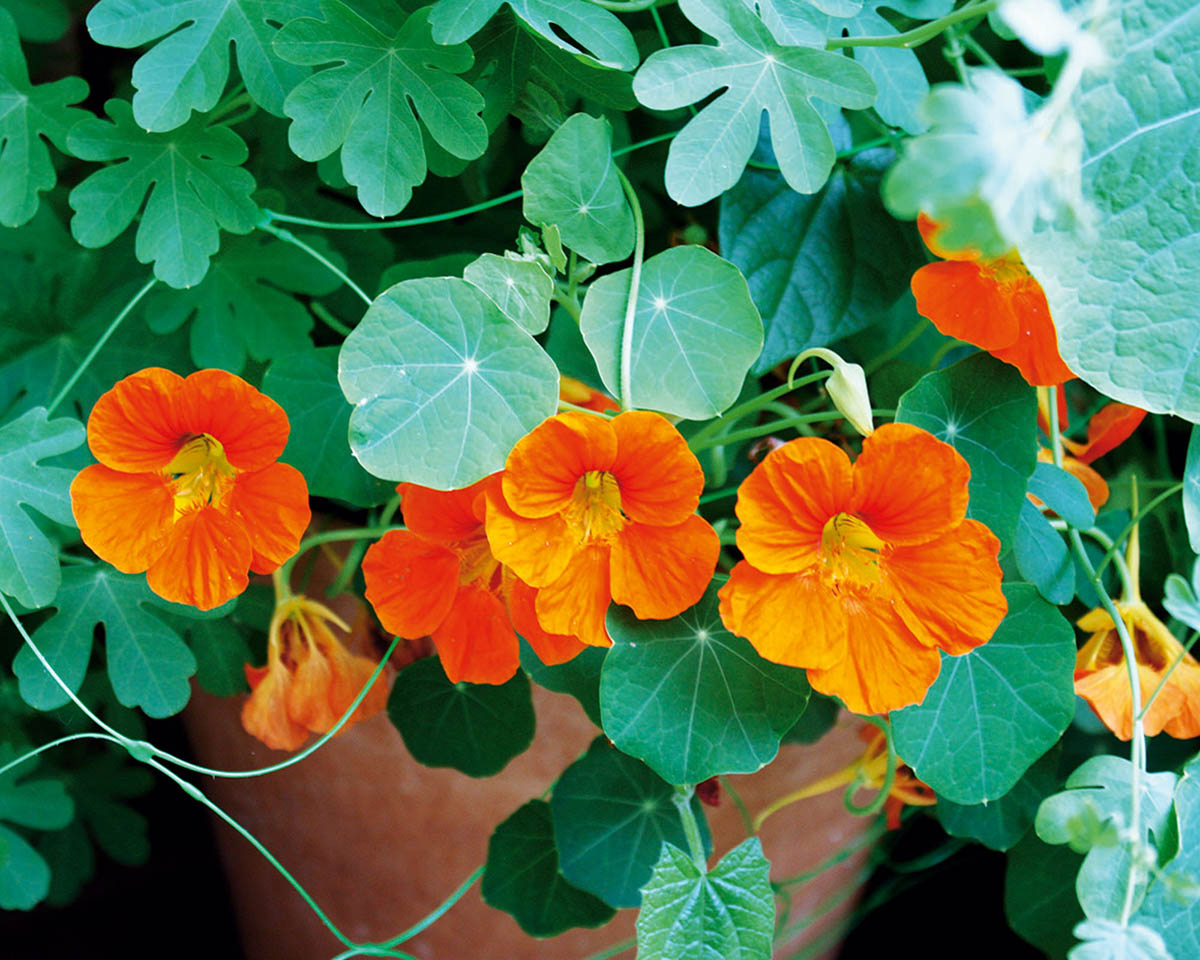
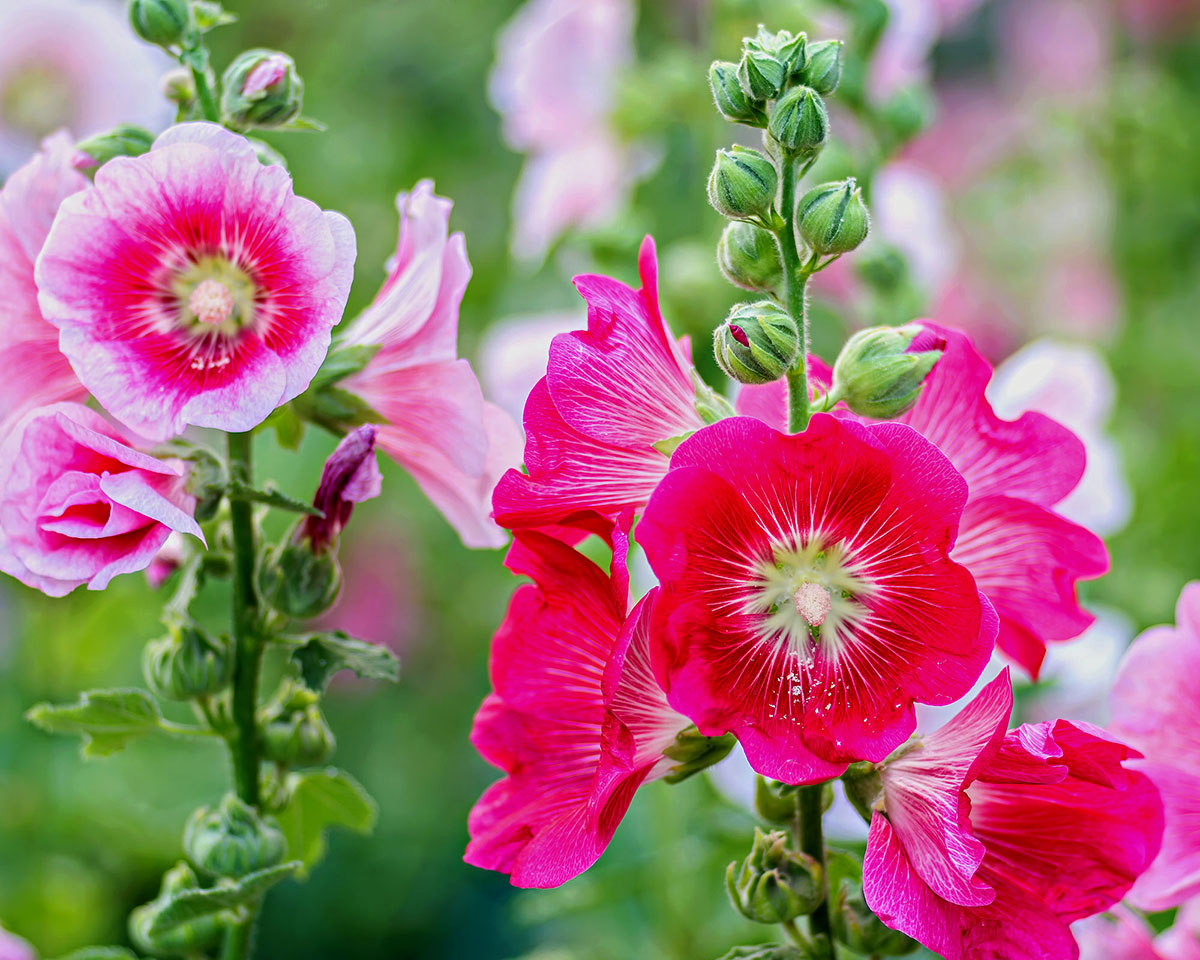
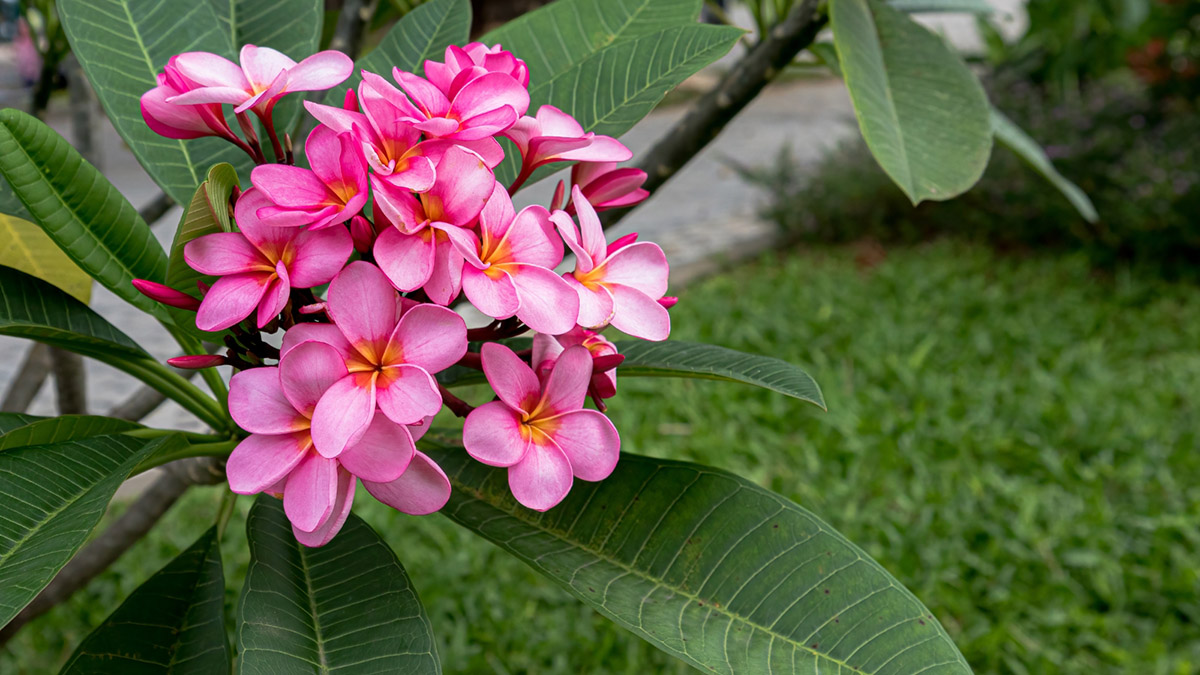
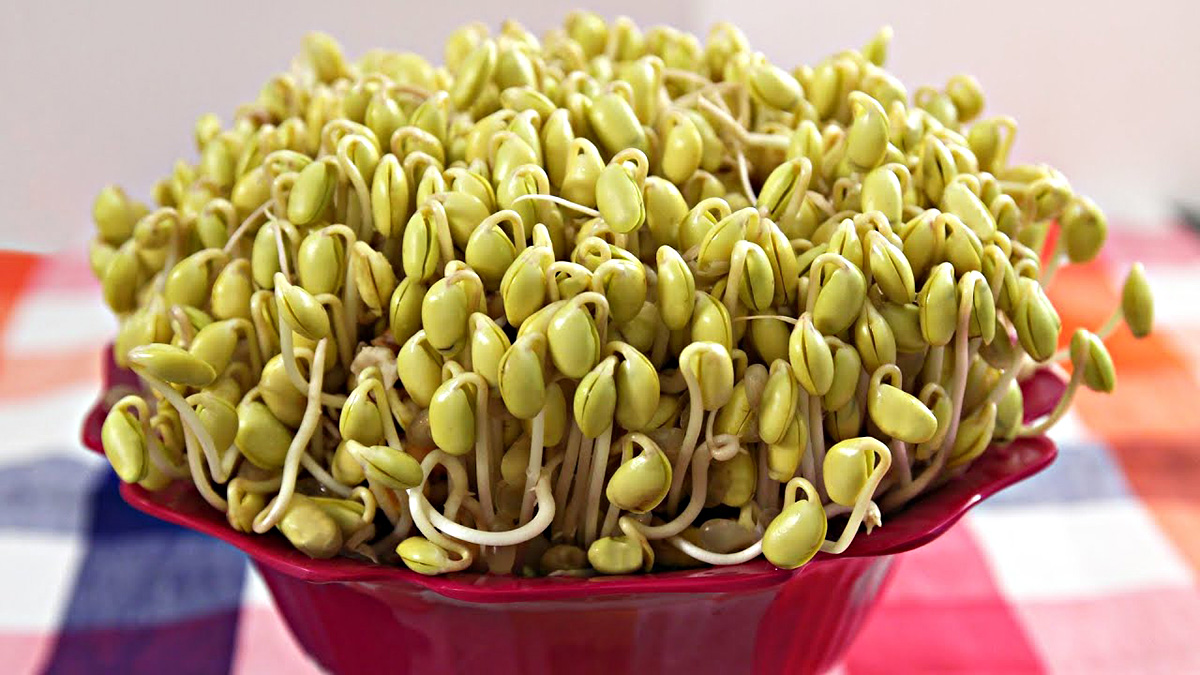

0 thoughts on “How Long Does It Take Millet To Germinate”